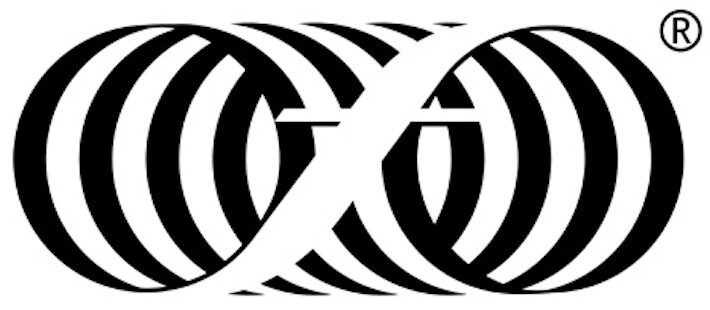
Working with a Feldenkrais master is a form of lateral learning: supporting my own body health and honing the key skills I use in my own work.
For a number of years, I have invested in myself via a Feldenkrais master, Ryan Jansen (see this post from 2019, “What I learned from a Master Practitioner“). I was introduced to Ryan by my friend and colleague Alan Wick when I had a serious Achilles tendon issue, one that Ryan addressed over time. Since then I have always gone to see him regularly for a “tune-up”.
This week I again went to see Ryan, this time focussing on the fact that I had experienced early (and painful symptoms) of plantar fasciitis over recent months, particularly in my heels.
We began with me first walking into the studio, then sitting and talking. As this went on, I remarked to Ryan with a smile that he was observing me deeply and intently, just as I do with my clients.
He quickly identified (he is a master, after all) that the source of my heel issues was actually postural adjustments I had made after having half my colon removed over a year ago, something he related me to with “Imagine how you would adjust if you were punched in the gut. You’d lean forward, tuck your chin down, then realise you were walking with a shortened stride so try to stretch that out”.
The work he did was subtle and from the neck down to feet along the length of my spine and skeleton. My part in this was active too, to be “body aware”, including sensing where energy and movement were passing along my body with each movement and adjustment.
At one stage I had a “BFO”, a blinding flash of the obvious, that working with this master was a wonderful form of lateral learning, that in addition so supporting my own body health, this was advancing and honing the key skills I use “at source” in my own work, the skills of listening and awareness.
The term “lateral learning” is now increasingly used, so let me go back for a moment to the core techniques of lateral thinking, as developed by Edward de Bono, being:
- Awareness
- Random Stimulation
- Alternatives
- Alteration
I realise as I write this that I have become somewhat “unconsciously competent” (see the post “Zen and teaching your son to drive“) around these techniques.
The first two I focus on as I go about my life, in what I choose to do, read, listen to, and the people I meet. Put simply, I am the opposite of transactional in the people I seek to meet. When asked who I would like to be introduced to, I always say “interesting people doing interesting things”. That way I always bring in the elements of random stimulation and can focus on bringing awareness to how I respond to those “random stimuli”
The latter two I use all the time in my work with my clients, as well as with mentors and whenever I am asked to be of support to anyone with whatever is on their mind.
“Alternatives” is simply to look at things from different angles, often those my client hasn’t thought of. My clients will generally have looked at the problem facing them from the conventional angles, so they typically work with me to consider it from alternative directions.
“Alteration” can be to lower the context (dissecting into smaller pieces and tackling one of those rather than the complex whole), or (often) to raise the context (looking at the bigger picture) before dropping back to reconsider the issue at hand. Alteration can also be to use analogies to “translate” the problem, then, once considered, to translate it back by relating the analogy to the problem.
